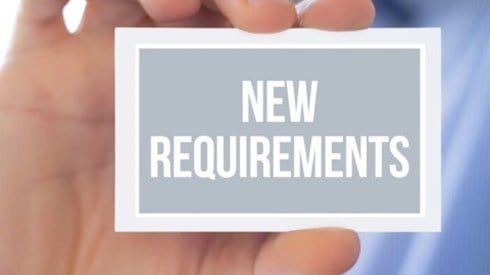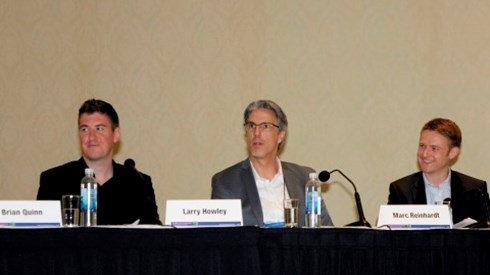Regulators Circulating New Captive Benefit Funding Requirements

August 26, 2019

US Department of Labor (DOL) suspension of a regulatory procedure employers have used for years to get expedited DOL review of their applications to fund employee benefits through their captive insurance companies is continuing, while regulators are circulating new captive benefit funding requirements.
Under the procedure—known as EXPRO (expedited procedure), the DOL must act within 45 days of an employer's request for regulatory approval of arrangements, such as funding employee benefits through its captive, that are barred by a 1974 federal law: the Employee Retirement Income Security Act.
EXPRO had been available to employers that could cite 2 substantially similar individual exemptions approved in the prior 5 years or 1 substantially similar individual exemption approved in the last 10 years and 1 approved through EXPRO within the past 5 years.
Typically, the turnaround time under EXPRO for the DOL to issue a final ruling has been around 3 months.
By contrast, DOL action on non-EXPRO applications, at a minimum, takes twice as long, experts say.
When the DOL suspension, which was implemented last year, will be lifted isn't known. But the DOL has been circulating revamped captive benefit funding requirements among captive attorneys and managers.
For example, employers would have to retain an independent fiduciary to provide written certification to the DOL that the captive benefit funding arrangement would "primarily benefit" plan participants, by creating "real and substantial" additional benefits for the participants, according to the DOL document, "Captive Reinsurance Exemption Applications—New Requirements."
The DOL wants to make sure "that participants get a reasonable level of benefit enhancements," said Karin Landry, a Boston-based managing partner with Spring Consulting Group, a unit of Alera Group.
In addition, the added benefits could not be "offset by reductions in benefits and/salaries elsewhere," the document says.
The DOL document also stipulates that the fiduciary must certify that it is independent and "does not have an economic stake or financial interest in whether or not the deal goes forward."
Captive benefit funding experts say the DOL proposal has positive features by specifying requirements employers would have to meet to obtain DOL approval for their captive benefit funding arrangements.
For example, under the now-suspended EXPRO rules, while employers had to show that the captive benefit funding arrangement benefited employees, they did not have to specify the impact of that improvement.
"There was no definition of benefit enhancements to employees," said Kirk Watkins, practice leader—captive insurance programs, with the Trion Group in King of Prussia, Pennsylvania.
By contrast, the DOL notice makes clear that the arrangement will have to primarily benefit employees, said Rich Fuerstenberg, a senior partner with Mercer LLC in New York.
Others note that while DOL notice is not in the form of a final regulation, it still will be helpful "in clarifying what is necessary for employers to do" to fund benefits through their captives, said Brian Tiemann, a partner with McDermott, Will & Emery LLP in Chicago.
The guidance, while not necessarily final, indicates regulators' thoughts on captive benefit funding requirements, said Nancy Gerrie, a partner with Winston & Strawn LLP in Chicago.
While not widespread, some very large employers, including Archer-Daniels Midland Co., Dow Corning Corp., Google Inc., and Hyatt Hotels Corp., have previously received DOL approval to fund benefits through their captives.
The most common captive benefit funding arrangements involve life insurance, accidental death and dismemberment, and short- and long-term disability coverages.
Advantages to funding employee benefits, experts have noted, include cost savings compared to buying coverage from commercial insurers and diversifying a captive's book of business.
August 26, 2019





